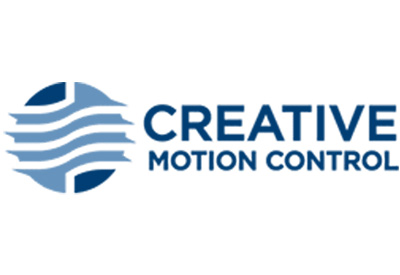Choose the Best – Electric Actuator vs. Hydraulic Actuator

September 30, 2021
Actuators are systems that convert energy into torque to move components in various equipment. Even if you’re unfamiliar with actuators, you encounter them daily in machines like vehicle brake lines, industrial robots, and cell phones. The motions that actuators produce can be linear (straight lines) or rotary (revolving on an axis).
Actuators get their power through several means, including electricity or a hydraulic system. Though they each have advantages and disadvantages, people tend to lean more toward electric over hydraulic actuators. Still, it’s best to have all the facts about linear actuators to determine which variety will suit your needs best.
What Is an Electric Actuator?
A linear electric actuator uses electricity from a motor to generate power. When electricity flows through the system, the motors rotate a lead screw with a nut on a thread. The direction in which the nut moves on the line depends on the direction the screw turns.
Advantages and Disadvantages
If you need an actuator with both speed and accuracy, it’s best to go with an electric over a hydraulic linear actuator. These systems can function at up to 80% efficiency with the ability to stop in any position.
The units tend to be small, require little maintenance, and have no external components. Many of them also have fail-safe brakes called acme screw units to initiate self-locking if the motor loses power.
A significant drawback to electric linear actuators is the cost. Their design, efficiency, and construction usually mean a higher upfront cost. These actuators are also not ideal for hazardous areas or continual running because they can overheat.
What Is a Hydraulic Actuator?
Unlike an electric actuator, the hydraulic version does not rely on an electric motor for energy. Instead, a hydraulic actuator gets its power from hydraulic fluid consisting of various oils. The presence of the liquid creates pressure that forces cylinders in the system to move in straight lines.
Advantages and Disadvantages
Hydraulic actuators are incredibly powerful with high load capacities, making them the ideal system for high-force applications. They function well under intense pressure. The hydraulic fluid responsible for creating movement is incompressible so that the actuator can hold an impressive amount of force.
Unfortunately, the presence of hydraulic fluid means these actuators are prone to leaks. They require a lot of maintenance and plumbing to ensure that the systems are in good condition. The linear actuators have a decent speed, but accurately controlling them can be challenging due to the periodic jerking motion that occurs when it shifts from being still to moving.
How Electric Actuators Are Better Than Hydraulic
If you’re wondering if you should choose an electric over a hydraulic actuator, it’s best to remember that both options have their purposes in various industries, despite their drawbacks. However, electric actuators are a favorite for many due to their precision, safety, small size, and speed.
Though some businesses find hydraulic actuators appealing due to their low upfront costs, they could spend more on routine maintenance and repairs for leaks and numerous external components. It costs more to install an electric actuator, but the installs are quick, and the units don’t require much care.




